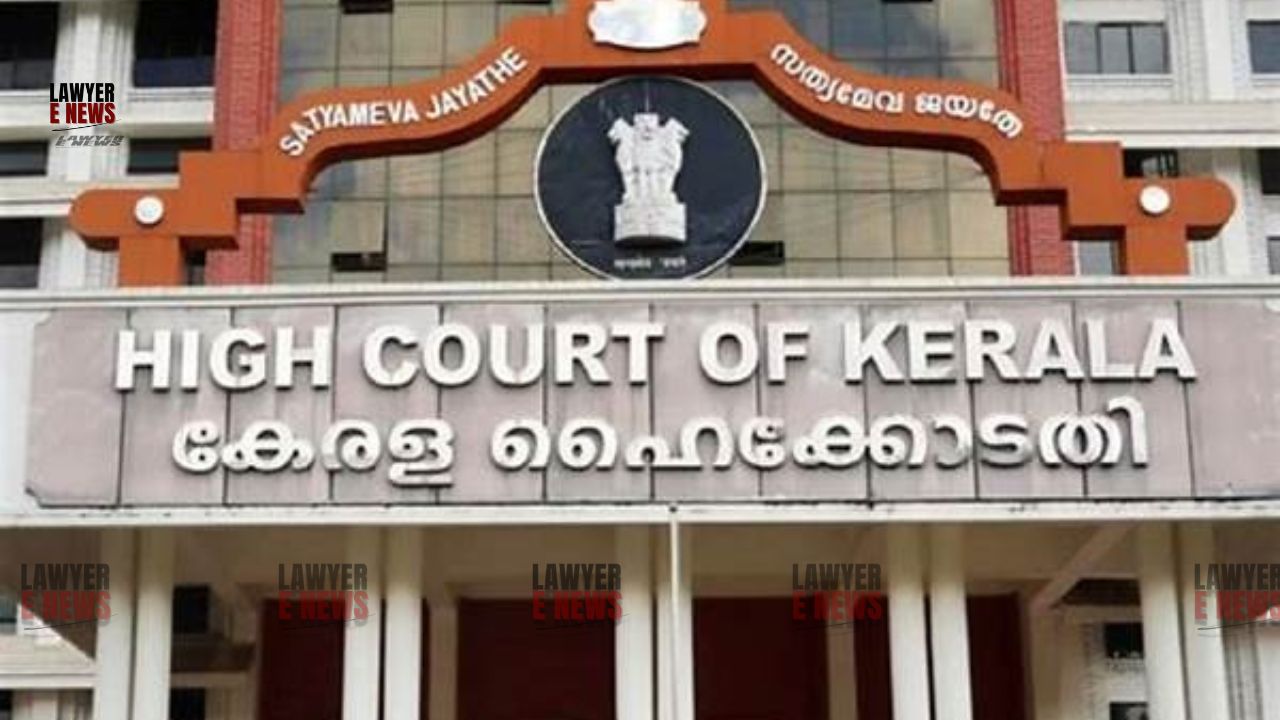-
by sayum
14 February 2026 2:22 PM



Court emphasizes recognition of chosen families and rejects baseless psychological assessments in habeas corpus petition by parents seeking custody of their adult daughter.
In a significant ruling, the Kerala High Court dismissed a habeas corpus petition filed by the parents of a 23-year-old woman, identified as Ms. X, who is in a same-sex relationship with a transman. The court, led by Justices Raja Vijayaraghavan V and P.M. Manoj, underscored the right to autonomy and personal liberty under Article 21 of the Constitution. The judgment reinforced the importance of chosen families for LGBTQ+ individuals and condemned erroneous psychological assessments that attempt to alter sexual orientation.
The petitioners, Shereena Hakkim and Hakkim, sought the custody of their daughter, Ms. X, alleging that she was suffering from psychological issues and was being detained against her will by the 5th respondent, a transman. The petitioners claimed that Ms. X had been lured into a relationship and influenced by a social media group. They presented a counseling report suggesting that Ms. X’s relationship was toxic and recommended psychiatric evaluation. The police registered complaints under various provisions of the Kerala Police Act and the Indian Penal Code.
Credibility of Psychological Evidence:
The court dismissed the counseling report, which suggested that Ms. X’s sexual orientation could be altered through treatment. The bench stated, “The report proceeds on a fundamentally flawed premise and is liable to be ignored. Such assumptions are baseless and inappropriate, and the report cannot be used to override the autonomous choices that Ms. X has made.”
Citing the Supreme Court’s guidelines and international human rights principles, the court highlighted the importance of chosen families for LGBTQ+ individuals. The judgment noted, “The concept of ‘family’ is not limited to natal families but also encompasses a person’s chosen family. This is especially significant for LGBTQ+ persons who may face violence and lack of safety from their natal families.”
The judgment reinforced that sexual orientation is integral to personal identity and privacy, referencing the landmark Navtej Singh Johar v. Union of India case. “The right to privacy encompasses decisional autonomy, covering intimate and personal decisions, and preserves the sanctity of an individual’s private sphere,” the court observed.
The court emphasized that Ms. X, being an adult of sound mind, had made an informed choice to live with her partner. The judgment rejected the parents’ request for a psychological evaluation, stating, “Ms. X possesses an intelligent and capable frame of mind, enabling her to make autonomous choices.”
Justice Raja Vijayaraghavan V remarked, “Sexual orientation is an innate part of the identity of LGBT persons and is an essential attribute of privacy. Its protection lies at the core of Fundamental Rights guaranteed by Articles 14, 15, and 21.”
The dismissal of the writ petition underscores the judiciary’s commitment to protecting the rights and autonomy of LGBTQ+ individuals. By upholding Ms. X’s right to live with her chosen partner and directing her parents to hand over her educational and personal documents, the court has reinforced the legal framework supporting sexual and personal liberty. This landmark decision is expected to have a significant impact on future cases involving LGBTQ+ rights and the recognition of chosen families.
Date of Decision: June 21, 2024
